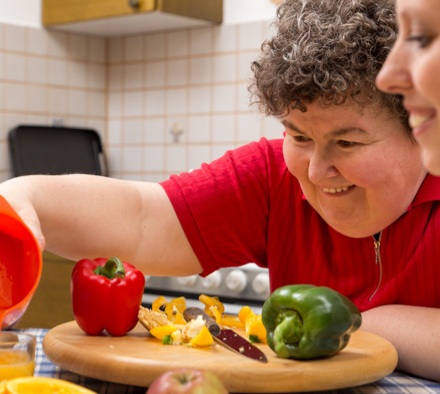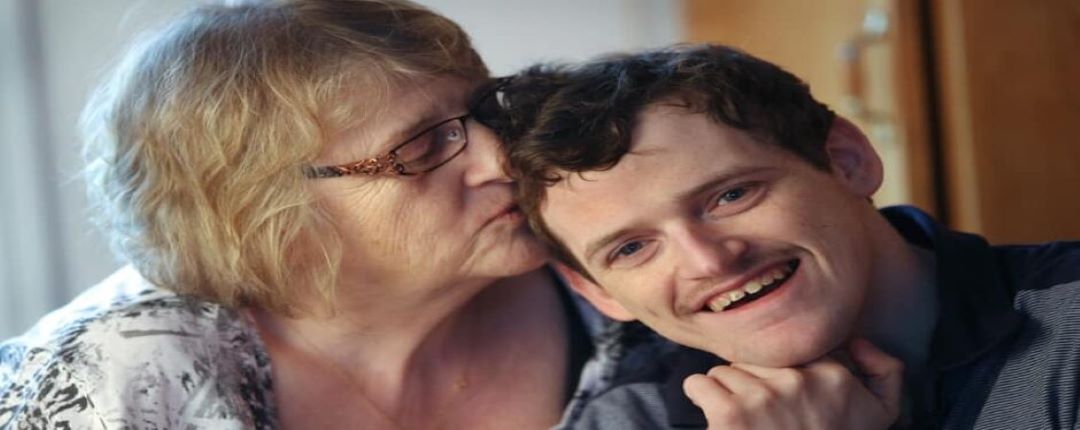Risk of Choking Within Adult Social Care

Adult Social Care – It isn’t just the elderly community and children that are at risk of choking
Adults with often a complex need such as epilepsy, autism or with a learning disability can leave them prone to choking.
A trauma, accident or an Acquired Brain Injury (ABI) can leave an adult facing difficulty with chewing, drinking and swallowing which increases their risk of a Foreign Body Airway Obstruction or FBAO
Pica, Cramming food/objects, Dysphagia and limited insight are all factors that will add up to an increased risk of choking.
Pica is a psychological disorder characterized by an appetite for substances that are largely non-nutritive. The substance may be biological such as hair (trichophagia) or feces (coprophagia), natural such as ice (pagophagia) or dirt (geophagia), and otherwise chemical or man-made.

Managing these unique challenges
We must focus on choking prevention as this is just as important as knowing how to deal with a choking emergency, and is something that we promote within all of our provided training. Our LifeVac anti-choking choking device is the best last-resort option for choking emergencies to save someone’s life.
How to respond to a choking emergency is extremely important but sadly, this is something often overlooked until it is too late.
Delivering choking First Aid on a wheelchair user, or a person lying down is a challenging topic – particularly as there are no black and white universal guidelines on how to deal with such an emergency.
Refusal or resistance can lead to a delay in receiving time critical treatment. A person with a learning or cognitive impairment may not recognise attempts to help.

















